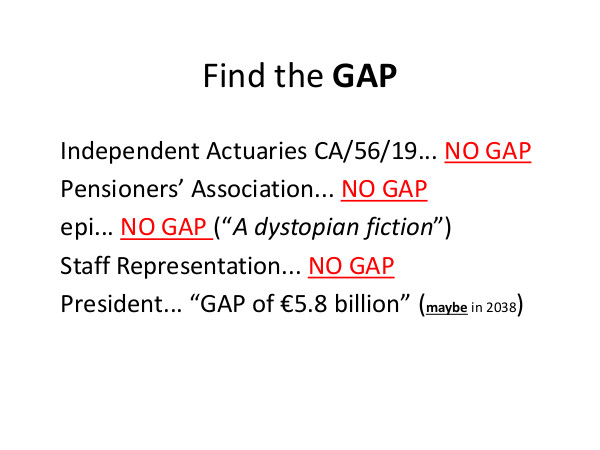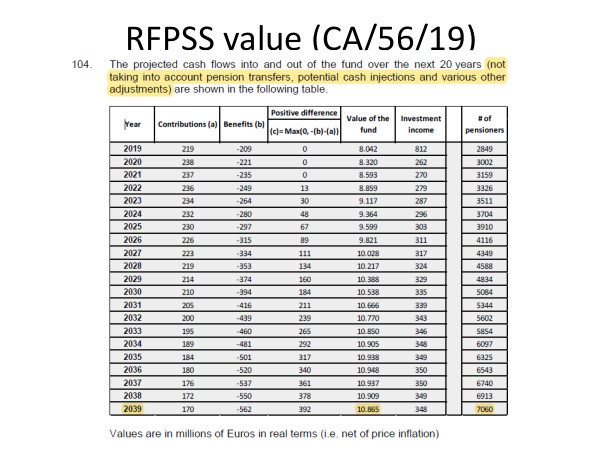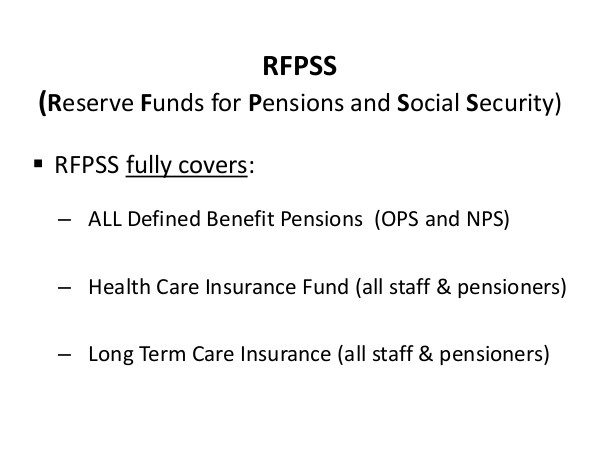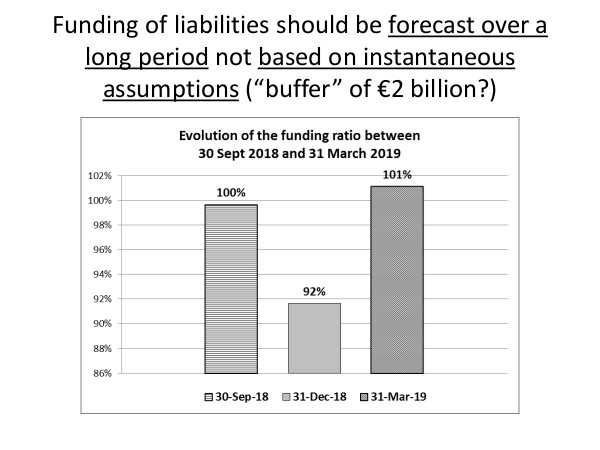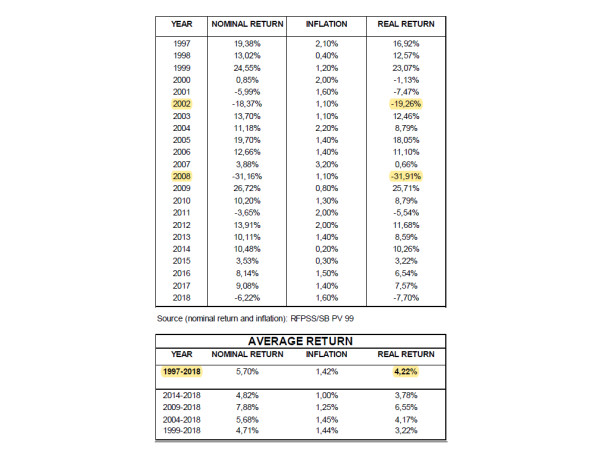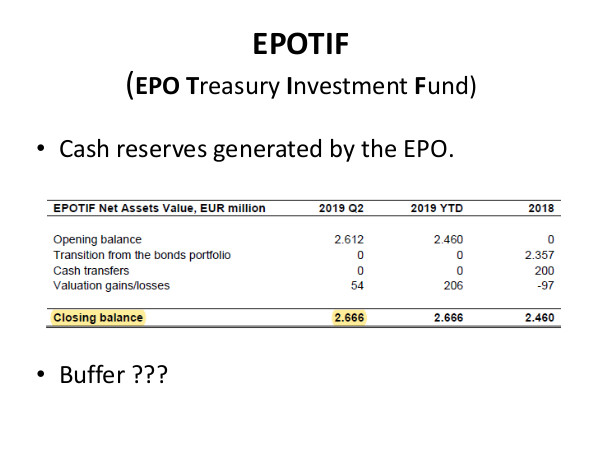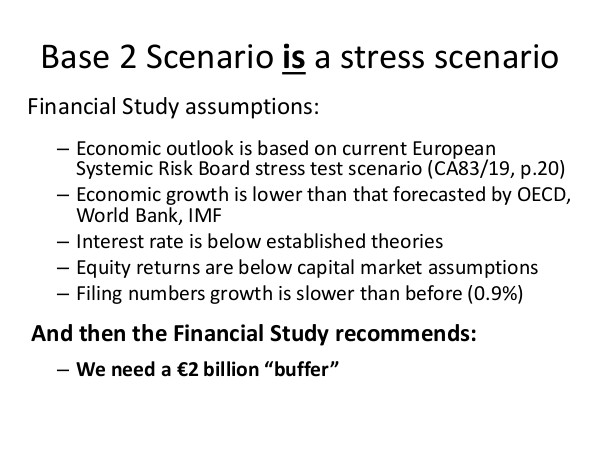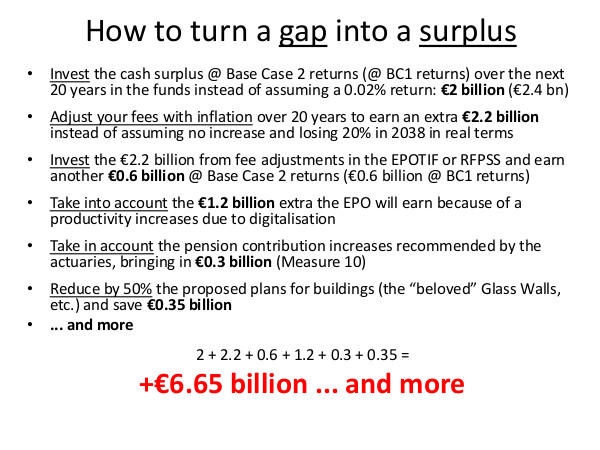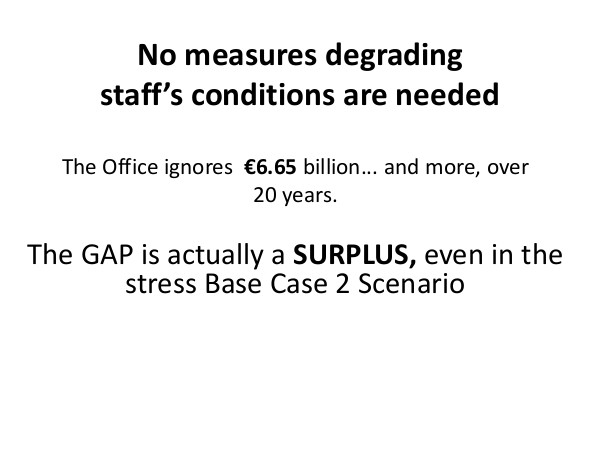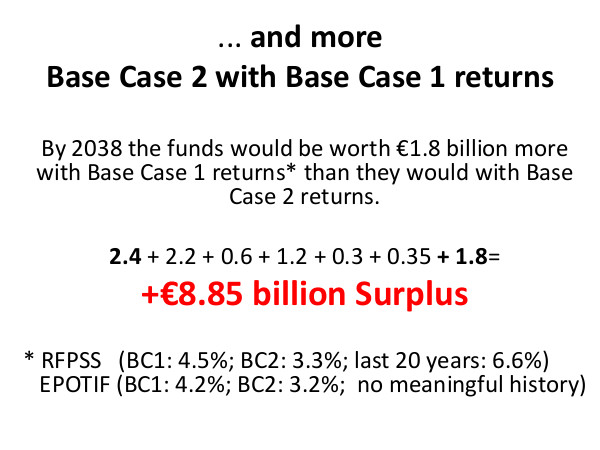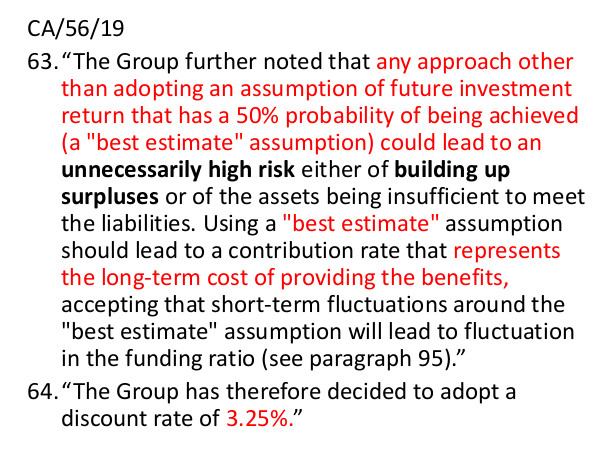

Europe's second-largest institution is deeply corrupt and managers are fighting their own. EPO has become a money-hoarding institution, monetising invalid patents that are granted by the bucketloads to multinational corporations that are neither European nor deserving of these European Patents
TWO years ago the union of EPO staff published and then circulated some material about EPO pensions and retirement age -- seemingly 'superficial' things until one realises that in order to attract talented examiners the Office must offer something competitive (compared to the public and private sector). The EPC makes this very clear; what good is a patent office that hands out loads of invalid monopolies, potentially due to improperly-skilled workers?
"There's no desire to reward staff for hard work or attract the necessary examiners, who are equipped with the required knowledge level."25 months ago SUEPO published the following article about a "bombshell" -- not literally a bomb but another heart-sinking revelation. They take note of the elusive retirement age -- the threshold many perceive to be a personal liberation from a long life of work (in some cases about 50 years of nonstop work). We're reproducing it below as HTML:
18.11.2019 su19025mp – 0.2.1
Mr Campinos’ 17 measures
–––––Planned change of retirement age
Consequences on early pension level
Dear SUEPO members, dear colleagues,
Mr Campinos revealed his bombshell, i.e. the “17 measures”, a few weeks ago. The Staff Representation has already explained why the future financial "gap" was in fact an artificial construction by top management. It remains that many colleagues above or approaching 50 look at all potential measures affecting pensions very carefully. One measure in particular worries many: the change of retirement age. Staff are concerned that adequate transitional measures that should normally protect their acquired rights and legitimate expectations may not be part of any measure concerning the change of pension age. They are also worried that they may get trapped and be too late to “jump off the boat”, should they decide to leave the Office on (early) pension.
Let’s have a look at the measures contemplated by management. Page 136 of the consultant’s report (CA/83/19) gives a precise idea of where Mr Campinos intends to go. We have translated the three scenarios “Low”, “Medium”, “High” mentioned under the header “gradually increase retirement age” into the annexed tables by using exclusively the information provided on page 1361. We did not make any assumption. A quick look at the annexed tables shows that in all scenarios:
- The change is sudden; - Only colleagues becoming 61 or older in 2021 (born in 1960 or earlier) are not affected; - The right to an early pension of all colleagues reaching the age between 50 and 60 in 2021 (born between 1961 and 1971) is (enormously) affected (cf. coloured area of the tables), many being even prevented from taking an early pension for several years after 2021.
In fact, the so-called "gradual" increase is so steep and affects staff close to the current retirement age of 60 in such a sudden way that it cannot be decently described as a transitional measure2. The loss of (early) pension rights is huge for a large part of the EPO staff: for instance, colleagues born in 1964, 1965 or 1966 loose a fifth (!) of their early pension with the contemplated change (both in the High and Medium scenario)3. To recover the same level of
_________ 1 i.e. the “transitional” approach used by the consultant and the “shift [of] existing 10-year early retirement window & existing early retirement factor scale accordingly.“ 2 The increment of pension age chosen by management for their “transition” is of one year, whereas increase of pension age should be small and truly gradual, e.g. be of one month per age difference of one year and not affect colleagues being already in a position to exert their right to an early pension, so that no one is trapped/surprised in an unlawful way. 3 Colleagues born in 1966 lose 23% of their early pension (compare 0.77 and 0.54 both in High and Medium scenarios). Colleagues born in 1964-1965 lose 20% of their pension (compare 0.81 and 0.61, resp. 0.85 and 0.65, both in High and Medium scenarios)
early pension they are currently entitled to, they would have to work another three or four (!) long years at the EPO.
Considering the depressing atmosphere and insane work pressure in the Office, we can safely predict that, should management stick to their brutal plans, a large number of colleagues will leave on early pension in 2020.
This bring us to the question of when to “jump off the boat” for those who can. Article 54 ServRegs currently requires active staff to inform the Office in writing at least 6 months before the start of their retirement4. Article 9 of the Pensions Regulations states that “Entitlement to payment of a retirement pension shall commence on the first day of the month following that in which the employee became eligible for such pension.“ The latest possible date for the start of a pension before 1 January 2021 is therefore 1 December 2020. Consequently, according to the regulations currently in place, the latest possible working day to inform the Office of a retirement starting in December 2020 is Friday 29 May 2020.
Mr Campinos stated in his communiqué of 4 June 2019:
"[...] any proposals we put to the Council will include provisions that safeguard the right of our colleagues to have enough time to make well informed and timely decisions concerning their future, should they wish to. If we have to introduce transitory measures to give our staff enough time to make a decision, then that is what we shall do."
In a meeting with SUEPO the day before (3 June) the President had been more specific. He suggested that a possible transitional measure could be a temporary shortening of the notice period from 6 to 3 months after 1 July 20205. This would mean that staff willing to go on early pension before the end of 2020 could inform the administration after May (and July) 2020. The question remains whether these written and oral statements of Mr Campinos actually commit the Office in practice6, and whether such a change of notice period will indeed be part of the reform package submitted to the Administrative Council of June 2020. Depending on whether or not staff trusts management, will determine the latest date at which they will decide to inform the administration that they are leaving on early pension.
The above are individual strategies to avoid future harm. The best way to make sure that the changes proposed by Mr Campinos in his 17 measures, including the increase of retirement age, are stopped or made respectful of staff’s (acquired) rights, is to collectively act against them. The mobilisation in the coming weeks/months will be crucial.
Your SUEPO Munich Committee
_________ 4 Art. 54(2) reads: An employee shall inform the Office in writing of the concrete date of commencement of his retirement and annual leave plans at least six months prior to the requested starting date of retirement. [...] 5 Cf. SUEPO publication su19030cp (ۤ5) 6 Mr Campinos recently broke his promise made to the CSC to allow the CSC to run the 4th edition of the Technologia Staff Survey on Office channels, cf. CSC publication sc19131cp.

[PDF], SUEPO said: “There is no financial GAP but a surplus. Let’s meet with Mr Campinos in the middle of the bridge and discuss measures on how to distribute the surplus to the staff."
